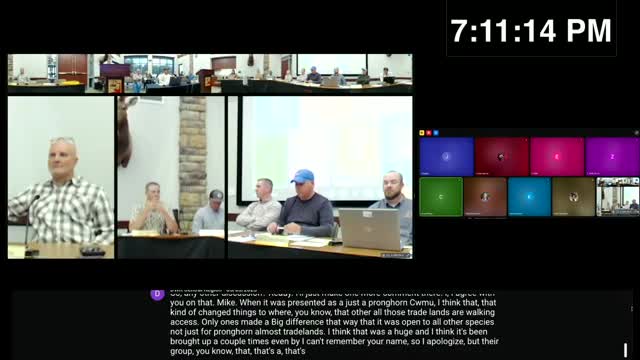Article not found
This article is no longer available. But don't worry—we've gathered other articles that discuss the same topic.
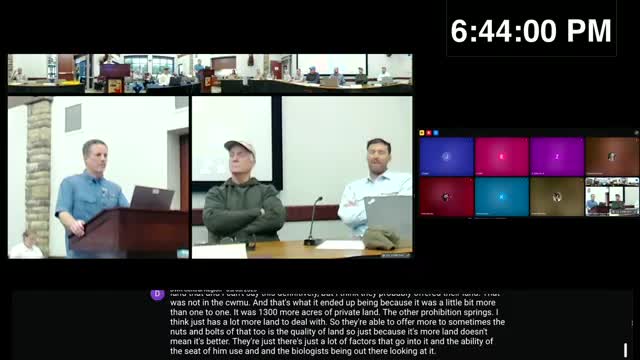
RAC endorses state law requiring hunting/fishing license to use many WMAs, members urge clarifications
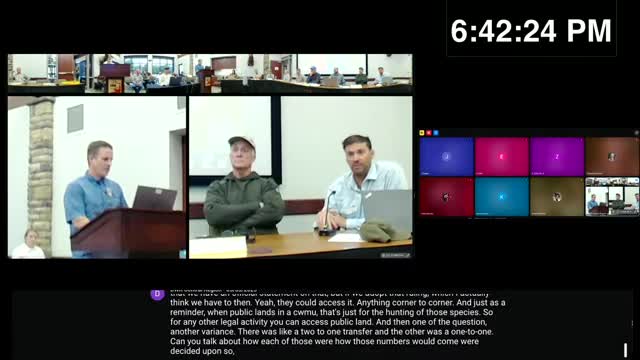
RAC approves two new CWMUs, denies two renewals after heated debate over public land access
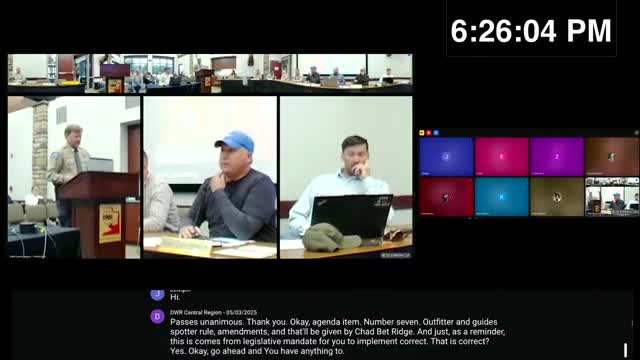
RAC approves outfitters, guides and spotters rule with federal‑permit clarification
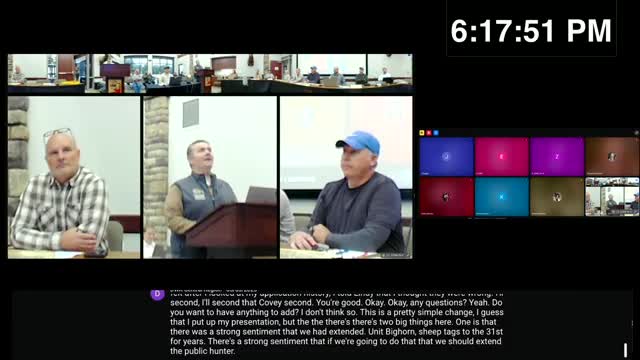
RAC endorses conservation permit rule changes, signals Antelope Island MOU ahead
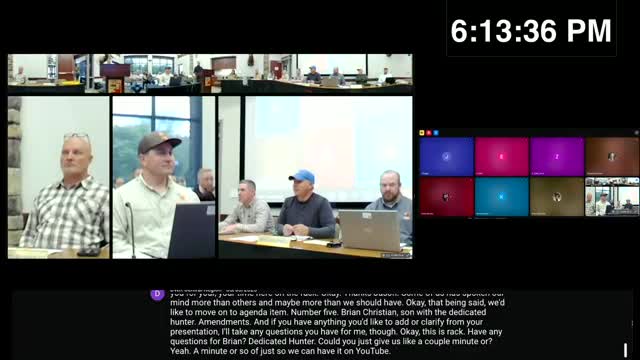
Central Region RAC backs rule allowing dedicated hunters to bank service hours
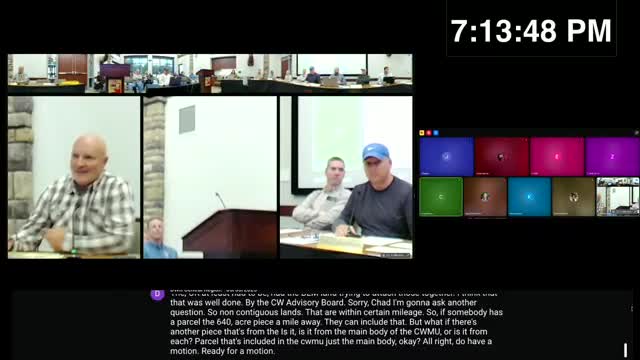
RAC backs targeted changes to pen‑reared game bird rules and surveillance testing approach
